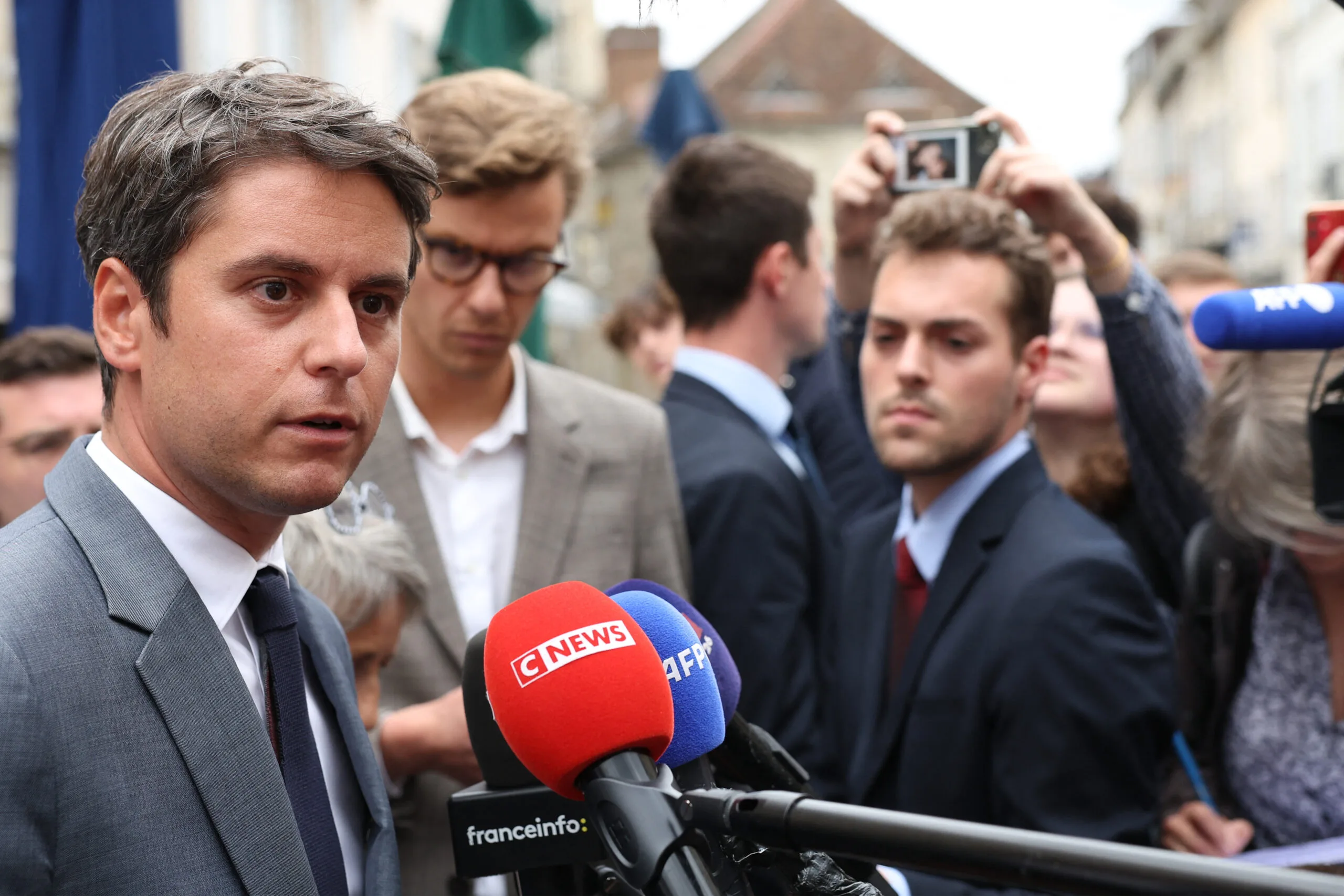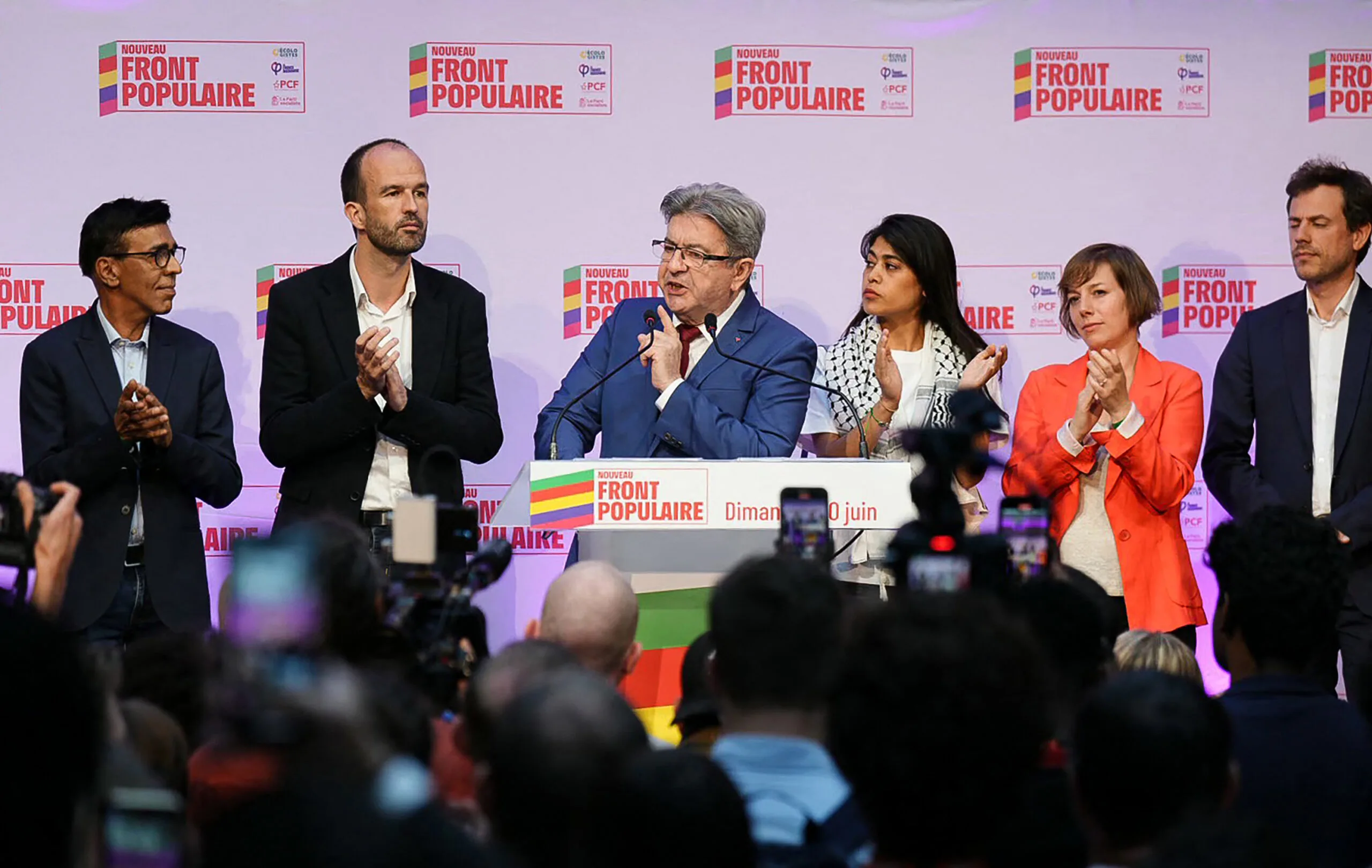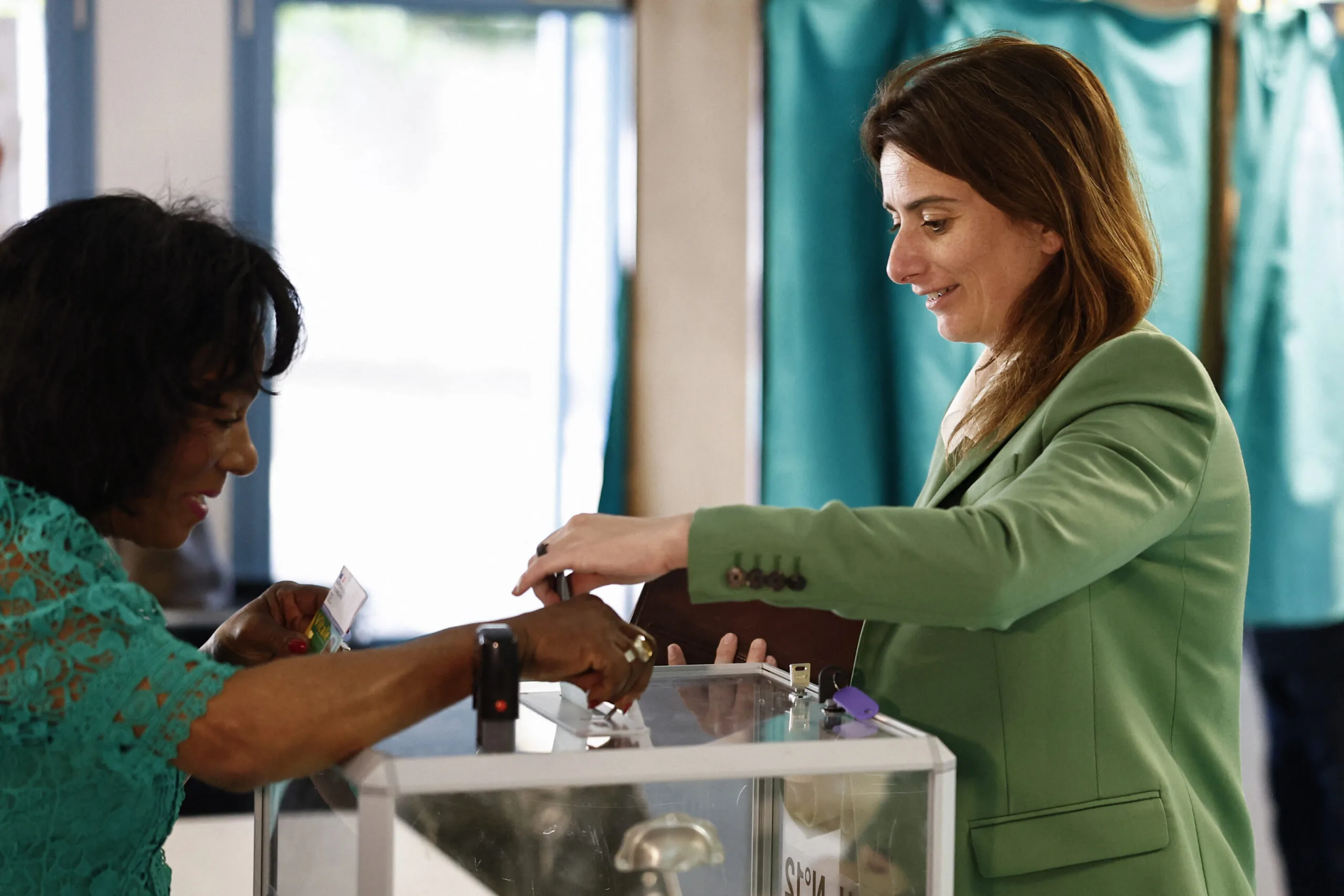Brussels – A proven coalition, born from the ashes of the Nouvelle Union Populaire Écologique et Sociale that had supported La France Insoumise leader Jean-Luc Mélenchon in the 2022 presidential campaign. Put back together in a hurry to deal with the looming threat of the far right to the French executive. Just days before the second round of legislative elections, the New Popular Front (NFP) is rediscovering itself close to the task.
Compared to a week ago, it seems less and less likely that the Rassemblement National (RN) will be able to achieve an absolute majority in the National Assembly, despite the 33 per cent first-round vote that confirmed it as the leading party in the Hexagon. Because the very strong turnout meant that in 501 constituencies, the second round was necessary: at a runoff, it is not that one in three Frenchmen who voted for Le Pen that makes the difference, but the other two who did not.

“We can avoid an absolute majority for the far right,” exulted the Liberal Premier, Gabriel Attal, adding that 90 per cent of candidates from the centrist camp dropped out of the three-way races if they were in third with an RN candidate ahead of them. The wave of withdrawals from the second round—désistements, as the French call them—of candidates from the NFP and Ensemble, the coalition around President Emmanuel Macron, may turn the tables. Of the 311 constituencies where the runoff was to be triangular, 88 remain. In all the others, the NFP or Ensemble candidate who came third in the first round dropped out of the race to put up a united front against the right-wingers.
According to data circulated by Le Monde, of the 188 constituencies in which a triangular runoff was scheduled with the Rassemblement National leading in the first round, the third-party candidate withdrew in 151. Of 221 withdrawals from the second round, 129 came from the New Popular Front and 81 from Macron’s liberal, centre-right pole. In conclusion, the RN-NFP and RN-Ensemble double challenge will take shape on Sunday, July 7. The former, in 160 constituencies; the latter, in 150.
In most of the 37 constituencies where the call for withdrawal did not work, a candidate from La France Insoumise was leading in the first round. That’s because a sizable chunk of the presidential coalition drew a red line on support for Mélenchon’s radical leftist movement. But it is precisely France Insoumise that is the driving force behind France’s New Popular Front.

The leftist coalition includes the Socialist Party, the Ecologists, and the Communist Party, with the support of Place Publique and several other small political formations from the French progressive galaxy. According to the latest projections, the NFP can aim to win between 140 and 160 seats in the Paris parliament, thus becoming the second-largest political family in the National Assembly. The Rassemblement National could stop between 230 and 260 deputies, below the 289 that guarantee an absolute majority, while the Macronists would collapse to between 110 and 130.
If Marine Le Pen and Jordan Bardella, as they have already declared, do not intend to form a government that does not rest on an absolute majority, standing together, Ensemble and NFP could have the numbers to reach 289 deputies. At that point, the government’s power play would lean to the left. Out of the frantic negotiations that led to the formation of the NFP in the aftermath of the European elections came a programme that involves three stages: breakup, “bifurcation”, and transformation.
The first is the immediate freezing of prices of basic necessities and energy and raising the minimum wage. Most importantly, the abolition of the highly contested reform that raised the retirement age to 64 and reduce it to 60. The second is increasing income, estate, and inheritance taxes, progressive wealth taxation, and effective taxation of multinational corporations: just to name a few of the proposals that make it very complicated to imagine a majority with Macron.

Even within the New Popular Front, it is not a given that coexistence will continue peacefully once the common enemy is removed. Between the leaders of the coalition’s two largest parties, Mélenchon and Socialist Raphaël Glucksmann, there is bad blood. And the Communist Party, whose secretary Fabien Roussel was defeated in the first round by a Rassemblement National candidate, is floundering. Emerging as a guarantor figure of the progressive bloc’s resilience could be the 37-year-old leader of the French Écolos, Marine Tondelier, who sharply attacked Economy Minister Bruno Le Maire, who had refused to back La France Insoumise in the second round: “A coward, a privileged man not up to the mark of history,” Tondelier called him.
English version by the Translation Service of Withub







